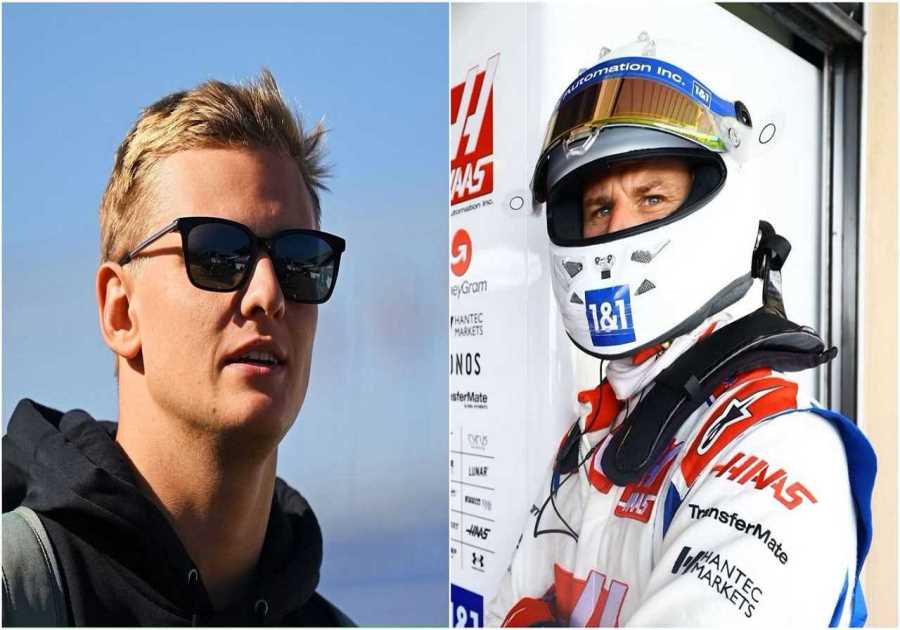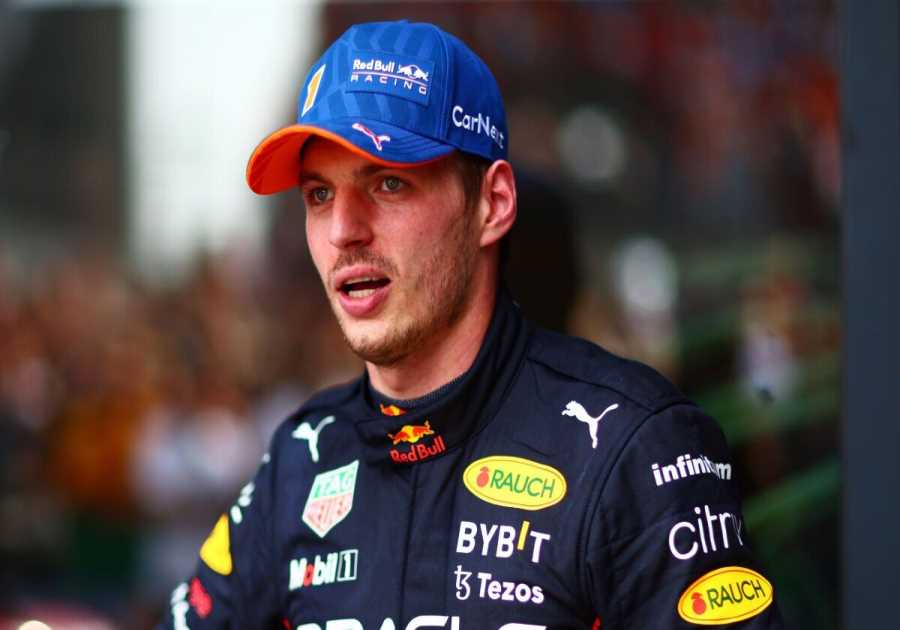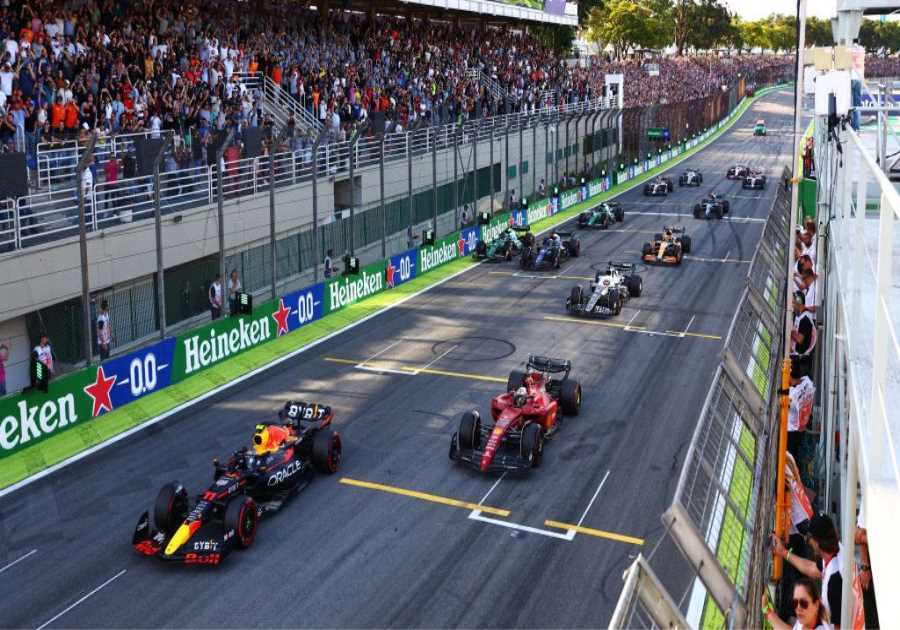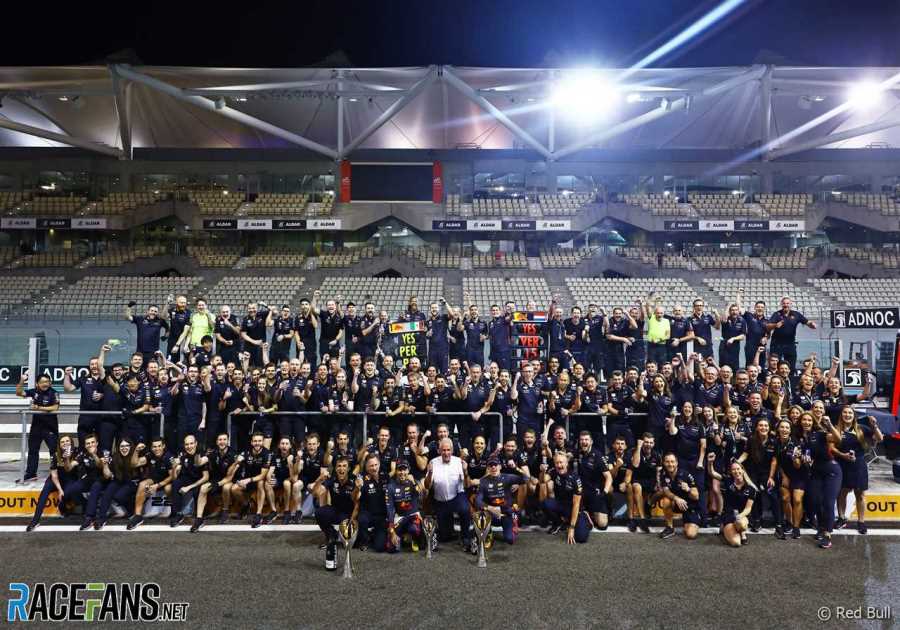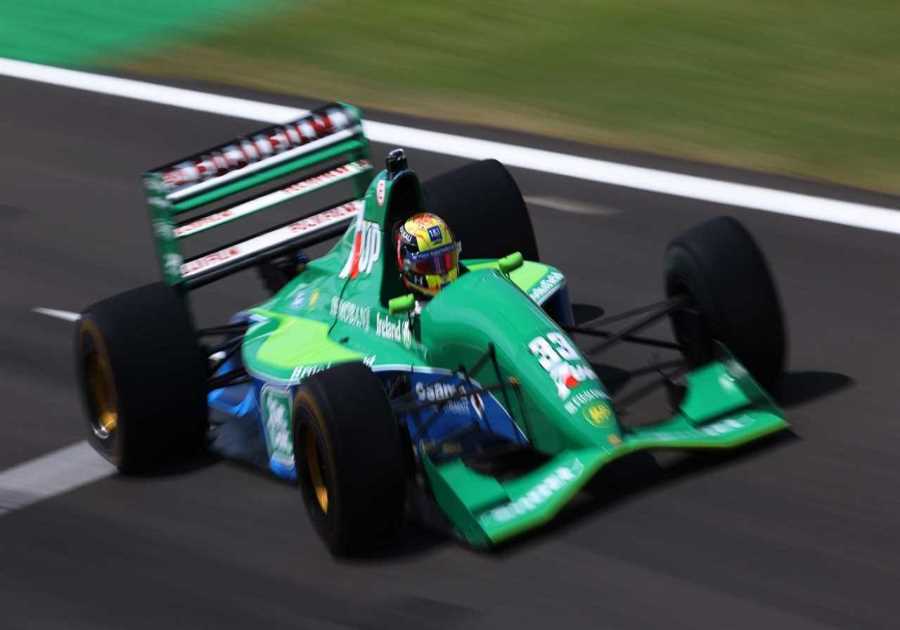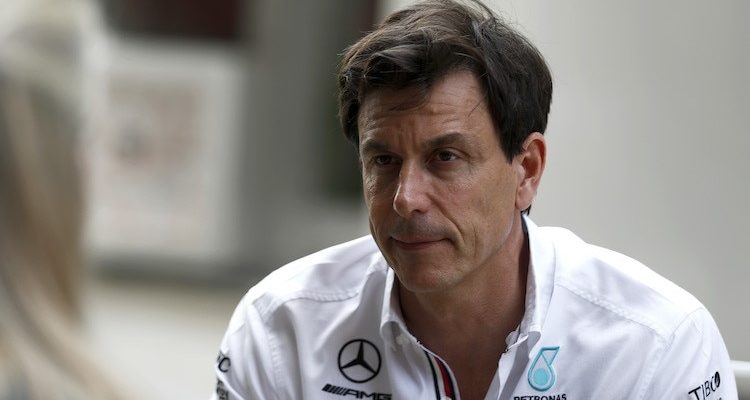
The planned duration for the V6 Hybrid Formula One power unit regulations was initially set to run for the 2014-2021 seasons inclusive. This 8 year period was the same timescale allowed for the previous iteration of V8 engines which powered the F1 grid from 2006-2013. Some believe this time scale is too long as it is much harder in modern times for inferior engines to catch up with those who cracked the design code early in the era.
However, so complicated are the current F1 power unit designs, the manufacturers argue they can’t recover their R&D spend on them if the era is shorter than 8 seasons.
Discussions about the replacement of the current F1 V6 hybrids began around 4 years before the target implementation date back in 2017.
Then the FIA sat down with existing power unit manufacturers together with potential new entrants to the sport and the initial proposal was to broadly design more simple engines. Also on the agenda was to cut costs as the V6 Hybrids are eye waveringly expensive and there was a ‘commitment’ by the teams to the FIA to ensure this process promoted new manufacturers to enter the sport.
During the Hybrid era, there were crises which saw Red Bull almost without a power unit for one season and the FIA would like to broaden the base of suppliers to prevent this from happening again. Of course its not really in the interest of the sport’s current power unit manufactures to open the playing field for greater competition and potentially a reduced number of engine customers.
Quickly it was agreed the 1.6l V6 current standard would remain but the over complicated and expensive Motor Generator Heat Unit (MGU-K) would be dropped. The Kinetic Generator (MGU-K) was made more powerful and more flexible for the driver to deploy in a greater tactical manner.
Mercedes 2023 car design rule changes rejected by FIA
Early 2020 due to the Global Covid pandemic the implementation of the new power units was delayed until 2022. Yet the discussions and agreements were in reality behind schedule by then.
A plug and play approach was to be part of the new power unit design with more standardized components which were all compatible with the other power unit manufacturers’ parts.
Porsche persuaded the technical team to agree to mimicking it’s 919 Hybrid race car technology which was four wheel drive. The front axle would have it’s own MGU-K system and so would the rear axle thus eliminating the traditional driveshaft.
Yet after all the time and delay to engage the likes of Porsche and Audi, no new engine supplier applied by the deadline to enter F1 in 2021 or 2022.
The FIA then decided they’d shelve the current process and set a new target date for the next generation of F1 power units to be introduced for 2026. The teams though did agree a freeze on power unit development from 2022 to the introduction of the new F1 engines.
A small change was agreed that from 2022 that the ;alcohol content in the fuel was increased from 5.75% to 10%.
Recently, there’s been a lot of talk in the paddock about an imminent Porsche/Red Bull announcement of a tie up to develop engines for 2026 as well as Audi buying the Sauber/Alfa Romeo team.
However, last week Sauber renewed it’s title sponsorship with Alfa Romeo so for the foreseeable future because Audi are a competitor of Alfa the deal believed to pave their way into F1 has been shelved.
Honda sign new contract deal with Red Bull, does this mean the Porsche deal is dead?
Helmut Marko now reveals, “VW’s board decision is that if the technical regulations meet the criteria, then they have the mandate to go into Formula 1.”
The question is what exactly are Audi and Porsche from the VW stable demanding?
Marko kindly reveals, “That primarily relates to cost cap, sustainability, zero-emission fuel, equal opportunity as a newcomer, so more dyno capacity [than existing manufacturers]and so on.
“But in purely formal terms, these new regulations don’t exist yet. The FIA president is supposedly going to put it to the vote soon in an email vote. Only then will things get officially underway.”
The original final ratification of the World Motorsport Council on the new F1 power units was set for June this year, but there was no agreement on the final specification, so the vote was delayed.
The next date for voting was the 2nd August 2022, which has now passed.
Helmut Marko appears to blame Mercedes for the delay revealing “established players” in F1 were “trying to get the best out of it for themselves by eating into the time for any newcomers to prepare.”
Mattio Binotto of Ferrari is clearly not one of those “established players” given mid June at the Canadian GP he appeared ready to move ahead.
“I’m sure it will not be delayed,” said the Ferrari boss who sits on the World Motorsport Council.
“We have not received at the moment any information on the fact that the vote will be delayed.
“There is a council by the end of June, and there will be an F1 Commission in Austria. So let’s move step by step.”
Mercedes are believed to have objected to a number of issues including extra dyno time for new entrants. This is despite Mercedes having being developing F1 engines for almost 3 decades, meaning they have a huge advantage in technical know how over the newbies.
Wolff claims current car design regulations are causing “brain damage”
The problem is the application to join as a new F1 engine manufacturer comes with a legal responsibility to deliver a product to the sport and Porsche and Audi already refused to apply in time for the original 2021 deadline due to a lack of detail on the final F1 power unit specifications.
So its not unreasonable they want to know the final details of the specification et al and refuse to put pen to paper until the issues are resolved
Further, given the current inflationary crisis and cost of manufacturing together with global new car sales in 2022 slumping by up to 20%. It’s entirely possible the two VW brands will become too frustrated with the ongoing delays and decide to withdraw again from the process; concentrating their depleted funds on improving their global auto manufacturing and expensive electric vehicles.
Is that what Mercedes are hoping for? And will these delays eventually deter again any new engine manufacturers from joining Formula One in 2026?
READ MORE: Wolff claims current FIA car design regulations are causing “brain damage”

